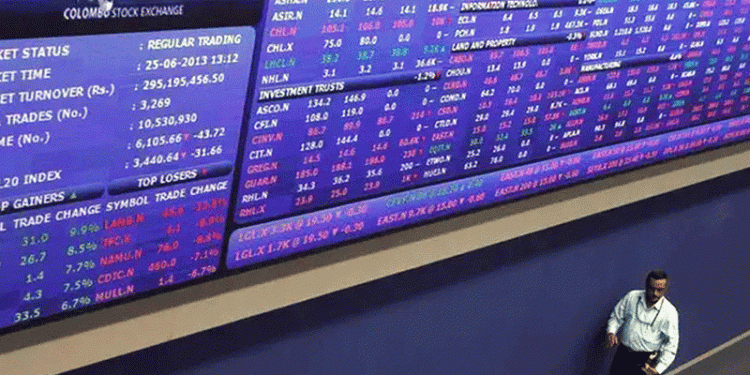Investing.com – Gold prices rose on Friday, rebounding from the lowest levels of the year as the prospect of a global trade war pressured the dollar lower and boosted safe haven demand for the precious metal.
for April delivery settled up 1.42% at $1,323.70 on the Comex division of the New York Mercantile Exchange. For the week, prices were still down 0.52%, their second consecutive weekly decline.
The dollar weakened broadly after President Donald Trump on Thursday announced plans to impose , raising fears over a trade war with major trade partners such as , the European Union and Canada.
A weaker dollar makes dollar denominated gold more attractive for overseas buyers. The , which measures the greenback’s strength against a basket of six major currencies, was down 0.3% to 89.95 in late trade on Friday.
Gold prices had hit a low of $1,303.60 on Thursday, the weakest level since December 29 amid expectations for faster hikes in U.S. interest rates this year.
Expectations for higher interest rates are typically bearish for gold as the precious metal struggles to compete with yield-bearing assets such as Treasury’s when borrowing costs rise.
Elsewhere in precious metals trading, settled up 1.53% at $16.52 a troy ounce, trimming the week’s losses to 0.51%.
settled at $967.40, up 1% for the day, but still ended the week with losses of 3.08% in what was a second consecutive weekly decline.
Among base metals, for May delivery was up 0.35% at $3.134 in late trade. Prices have fallen since hitting four-year highs in December amid concerns over the higher interest rates and the prospect of an economic slowdown in China, the world’s largest consumer of industrial metals.
, investors will be focusing their attention on the U.S. employment report for February, particularly after stronger than expected wage growth figures in the last jobs report fed into major market turbulence.
Traders will also be watching developments on the proposed trade tariffs and central bank meetings in the euro zone and Japan.
Ahead of the coming week, Investing.com has compiled a list of these and other significant events likely to affect the markets.
Monday, March 5
China is to publish its Caixin services index.
The UK is to publish its services PMI.
The Institute of Supply Management is to publish its non-manufacturing PMI.
Later in the day, Federal Reserve Governor Randal Quarles is to speak at an event in Washington.
Tuesday, March 6
Australia is to release data on retail sales and the current account.
The Reserve Bank of Australia is to announce its benchmark interest rate and publish a rate statement which outlines economic conditions and the factors affecting the monetary policy decision.
Wednesday, March 7
Australia is to release figures on fourth quarter growth.
The UK is to publish an industry survey on house price inflation.
The U.S. is to release the ADP nonfarm payrolls report for February.
Canada and the U.S. are to publish trade data.
The Bank of Canada is to announce its benchmark interest rate and publish a rate statement.
Thursday, March 8
Both China and Australia are to release trade data.
The ECB is to announce its latest monetary policy decision. The announcement is to be followed by a press conference with President Mario Draghi.
Canada is to publish data on building permits and new house price inflation.
The U.S. is to produce the weekly report on jobless claims.
Friday, March 9
China is to release data on consumer and producer price inflation.
The BoJ is to announce its benchmark interest rate and publish a rate statement which outlines economic conditions and the factors affecting the monetary policy decision. The announcement is to be followed by a press conference.
The UK is to release data on manufacturing production and trade.
Canada is to publish its latest employment report.
The U.S. is to round up the week with the non-farm payrolls report for February.
Source: Investing.com


























